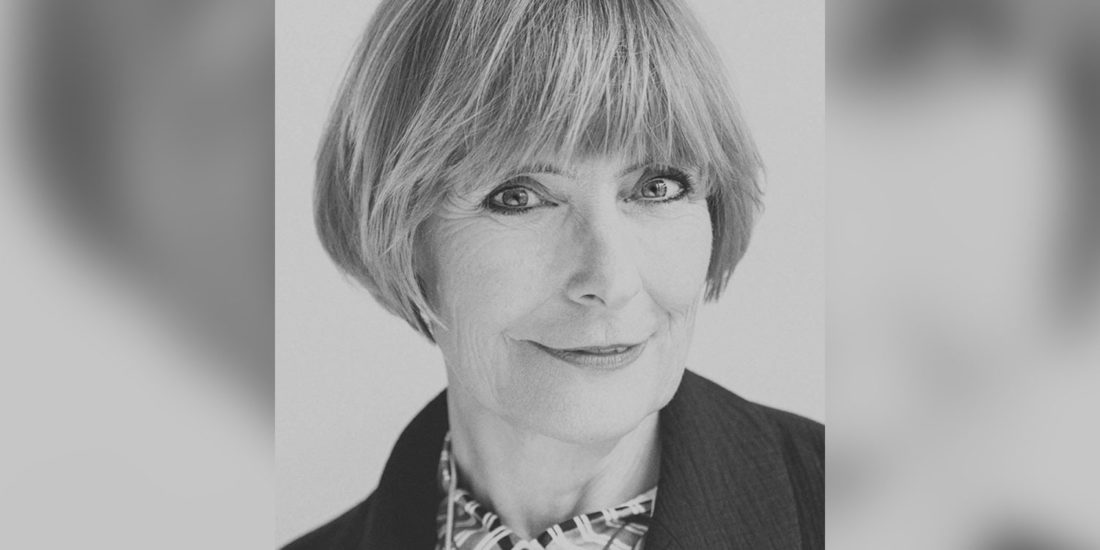Professor Anne Boddington
ECAH2016 Keynote Speaker
University of Brighton, UK
Professor of Design Innovation and Dean of the College of Arts and Humanities, Anne Boddington, has been announced as a Keynote Speaker at The European Conference on Arts & Humanities 2016 (ECAH2016), which will be held alongside The European Conference on Media, Communication & Film 2016 (EuroMedia2016). The full abstract for her Keynote Presentation "A Stained Glass Ceiling?" can be found below.
Professor Boddington was educated as an architect and cultural geographer. She has particular interests in the spaces of learning and research and the symbiosis of arts and humanities education as agents of cultural, social and civic transformation. The founding Head of the School of Architecture & Design (1999-2006) and since 2006, as Dean of the College of Arts & Humanities, she was also the Director of the University’s Centre for Excellence in Teaching and Learning through Design (CETLD) (a unique partnership between the University, the V&A, the Royal College of Art and the RIBA) and co-director of the HEA’s Subject Centre in Art Design and Media.
A registered architect, fellow of the Royal Society of Arts (RSA), and an affiliate member of the Royal Institute of British Architects (RIBA), she has been an independent governor, trustee, chair and an elected member of many regional and national councils in the cultural sector and in higher education including as a member of the Arts & Humanities Research Council Advisory Board (AHRC); Vice Chair of Council for Higher Education in Art & Design (CHEAD) and a trustee of the Design Council/CABE. Working with HEFCE she was a panel member of the Research Assessment Exercise (RAE 2008) and Deputy Chair of D34 for the Research Excellence Framework (REF) panel in 2014 as well as a member of the REF 2014 Equality & Diversity Panel. Her research has been supported and funded by the EU, EPSRC, AHRC, the HEA and HEFCE. She has an international profile as a speaker and advisor for research development, quality assurance, enhancement and teaching innovation in Architecture, Art and Design across Europe, the Middle East and Asia. She undertakes regular peer review and research assessment for academic journals and conferences and has worked with and for research councils of Portugal, Iceland, Austria, Germany, Israel and Canada.
Keynote Presentation | A Stained Glass Ceiling?
Across the UK the lack of diversity in the leadership of Higher Education has long been a subject of concern, as it is in Boardrooms worldwide. I will explore some of the behaviours and cultures of universities that often contradict the expectations we have of our graduates to be reflexive, global citizens. It will examine the gap between the rhetoric and the experience of working within the University sector, and how it is impacted both by what and how we educate, research and behave as organisations in social and civic contexts. These behaviours pose challenges to our integrity as transformational and responsible institutions charged with changing people’s life chances. Universities arguably need to model better behaviour themselves, rather than continue to permit unconscious bias and resist inconvenient behaviour-change within what should arguably be, the world’s most intelligent organisations.
While global debates have focused primarily on gender and ethnic diversity, because both are easily evidenced, these are exacerbated by disciplinary bias and hierarchies, the conflation of financial and intellectual capital and the residue of C.P Snow’s 1959 ‘two cultures’ debate, which ultimately limit the culture changes essential to their transformation and to becoming more creative and responsible organisations.
This talk will explore the idea of the ‘stained glass ceiling’, by examining the challenge of achieving effective intersectionality through gender and ethnic inequalities, (vital to breaking through glass ceilings), but also their amplification through unspoken disciplinary hierarchies. It will challenge assumptions that authority and power stem primarily from scientific and economic gravitas, rather than from enabling and ennobling creativity, rigour and the flourishing of human potential. Instead it demands the enrichment, respectful exchange and intelligent blending of knowledge (cognitive, affective and practical) drawn from dialogues that transcend the disciplinary languages of life, health, physical and social sciences and the arts and humanities.

